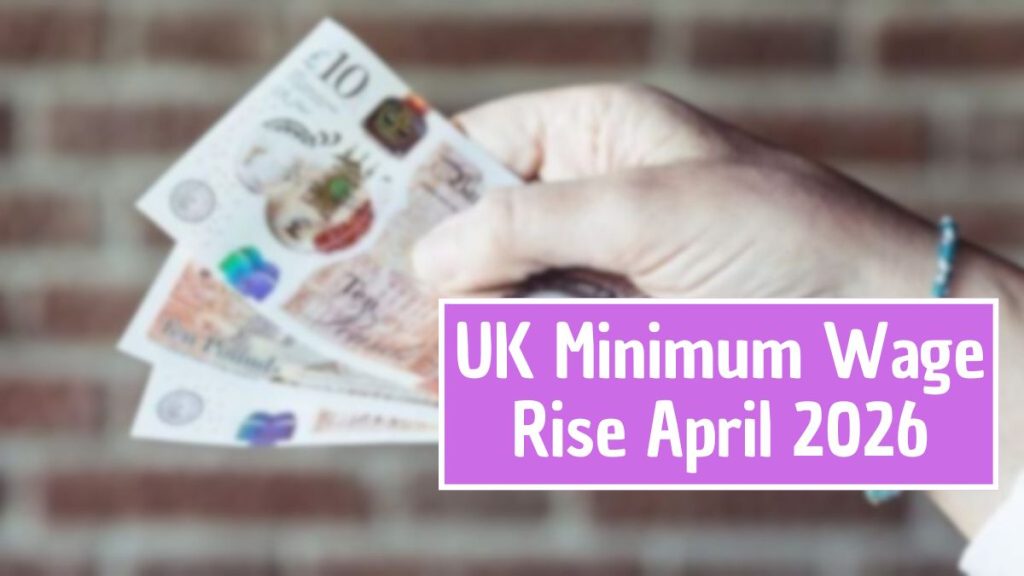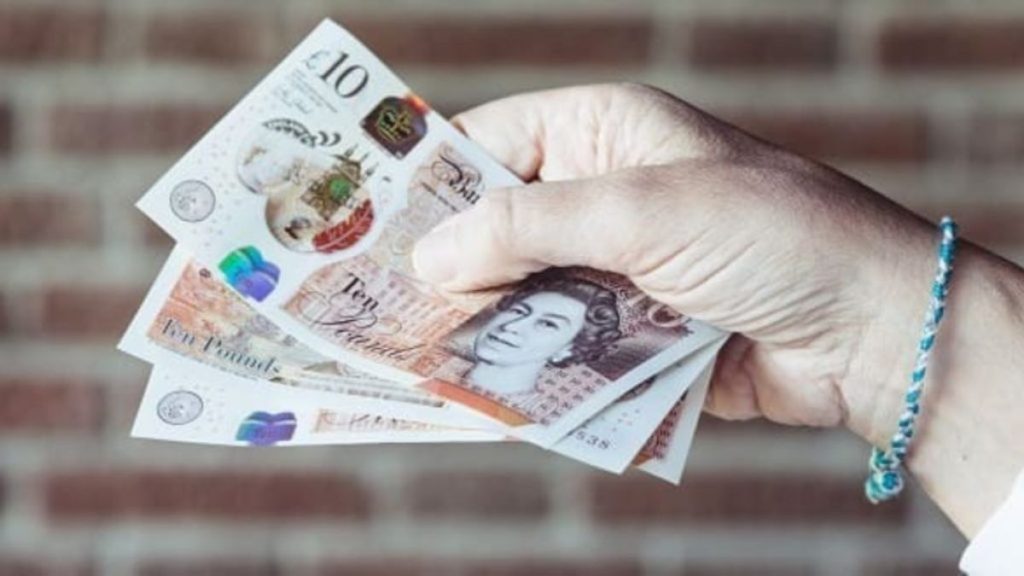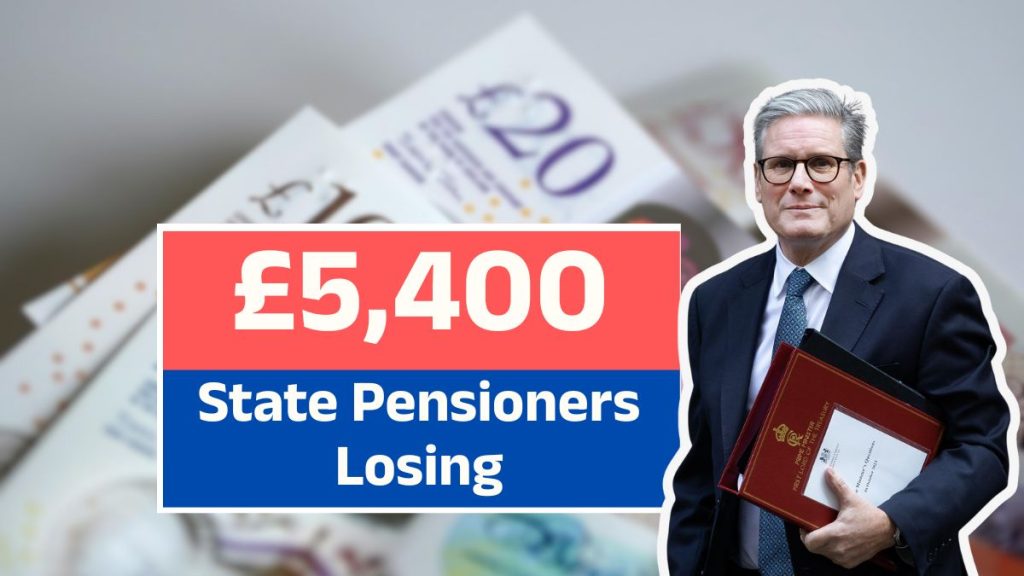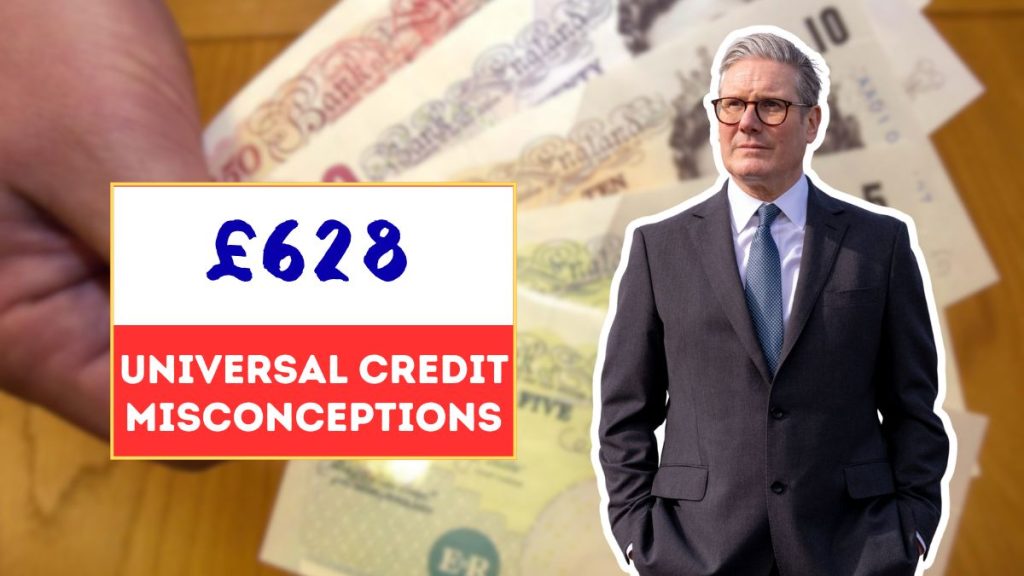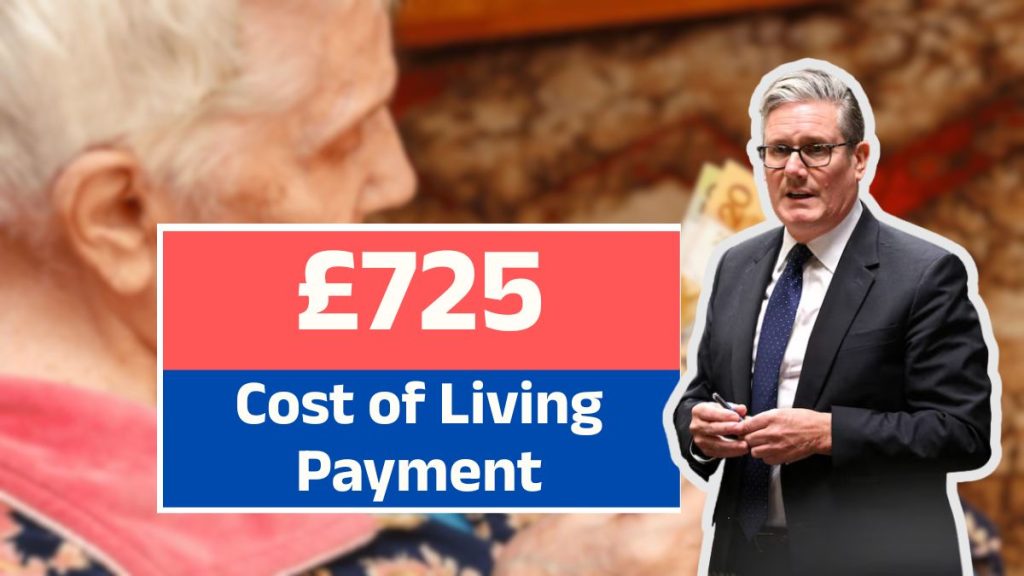The Department for Work and Pensions (DWP) has officially confirmed that a £200 Christmas Bonus will be issued in December 2025 to millions of eligible claimants and pensioners across the United Kingdom. This festive financial boost aims to support households struggling with rising costs of food, energy, and travel during one of the most expensive times of the year.
For thousands of families relying on state benefits, the announcement brings a sense of relief ahead of the winter season. Here’s everything you need to know about who qualifies, how it’s paid, and when you can expect the £200 bonus to arrive.
Why the Christmas Bonus Amount Has Been Increased to £200

For decades, the DWP Christmas Bonus remained fixed at just £10, a figure first introduced in the 1970s. Despite inflation and growing living costs, that amount never changed — leading to widespread criticism from pensioners and welfare campaigners.
After years of lobbying and debate in Parliament, the government has finally agreed to increase the bonus to £200 for 2025. Officials say the updated amount better reflects modern financial pressures, especially for those living on fixed incomes or disability benefits.
Campaigners have described the increase as “long overdue”, noting that the original £10 is worth less than £1 in today’s money. Though it may not solve every financial challenge, the new £200 payment represents a significant step toward fairer support for the country’s most vulnerable citizens.
Who Will Automatically Receive the £200 Christmas Bonus
The DWP has confirmed that the Christmas Bonus 2025 will be paid automatically to anyone receiving one or more qualifying benefits during the official qualifying week in December. There is no need to apply — the payment will appear alongside your regular benefit.
To qualify, you must be receiving at least one of the following benefits during the designated week:
- State Pension
- Attendance Allowance
- Personal Independence Payment (PIP)
- Disability Living Allowance (DLA)
- Carer’s Allowance
- Income-based Jobseeker’s Allowance (JSA)
- Income-related Employment and Support Allowance (ESA)
- Income Support
- War Widow’s Pension
- Industrial Injuries Disablement Benefit
If you receive more than one qualifying benefit, you will still receive only one £200 bonus payment.
When Will the £200 Bonus Be Paid?
The payment window for the 2025 DWP Christmas Bonus will run between 2 December and 20 December 2025.
Exact dates vary depending on your benefit type and payment schedule, but most recipients should see the money by the third week of December. If the payment date falls on a weekend or bank holiday, it may be issued earlier to ensure funds arrive before Christmas.
The DWP has clarified that the bonus will not appear as a separate entry labeled “£200 Christmas Bonus.” Instead, it will likely show on your bank statement as:
“DWP XB” or “XMAS BONUS.”
Pensioners to Be Among the Main Recipients
Pensioners form one of the largest groups eligible for the 2025 bonus. For many, especially those living alone or on limited savings, this payment can help cover essentials like heating costs, food, or small festive expenses.
The £200 Christmas Bonus will be paid in addition to the State Pension, Winter Fuel Payment, and Pensioner Cost of Living Payment.
For elderly residents facing higher heating bills, the extra support could mean the difference between comfort and financial stress during the coldest part of the year.
Can Working Individuals Also Receive the Bonus?
Yes. Employment status does not affect eligibility for the Christmas Bonus. As long as you receive one of the qualifying benefits during the official week in December, you will still receive the £200 payment.
However, if your income from work causes your benefit to stop temporarily, or if your claim is inactive during the qualifying week, you may miss out on the bonus. It’s important to check your benefit entitlement dates and ensure your claim remains active.
How the Payment Will Appear in Bank Accounts
The payment will not appear as a separate transaction. Instead, it will be added automatically to your regular benefit payment during the qualifying week.
Depending on your bank, the reference will typically appear as either:
- “DWP XB”
- “XMAS BONUS”
There’s no need to contact your bank unless the payment is missing after the full payment window (ending 23 December 2025).
Groups That Should Double-Check Eligibility
While most people will receive the Christmas Bonus automatically, a few groups should confirm their status to avoid missing out:
- Recent Universal Credit Claimants:
Those who’ve moved to Universal Credit may not receive the bonus unless they also get a qualifying disability or pension benefit. - People Changing Benefits in December:
Transitions between benefits can lead to administrative delays. If your benefit switches during the qualifying week, double-check with DWP. - Carers Without Carer’s Allowance:
If you are a carer but don’t officially claim Carer’s Allowance, you might not be automatically recognised as eligible.
If any of these situations apply, it’s advisable to contact the DWP helpline in late November 2025 to confirm your eligibility ahead of payment week.
What to Do If You Don’t Receive the £200 Payment
If you believe you qualify but haven’t received the payment by 23 December 2025, follow these steps:
- Check your bank statement carefully.
Look for “DWP XB” or “XMAS BONUS.” - Confirm your eligibility.
Ensure you were receiving a qualifying benefit during the first full week of December. - Contact the DWP helpline.
Have your National Insurance number, recent benefit letters, and payment details ready when calling. - Allow processing time.
In some cases, payments may arrive slightly later due to bank delays or administrative backlogs.
The DWP has promised to resolve missing payments promptly once eligibility is confirmed.
How the £200 Christmas Bonus Helps Households
The cost of celebrating Christmas has risen sharply in recent years, with food prices, heating bills, and travel costs all increasing.
While £200 may not cover every expense, it provides much-needed financial flexibility. Recipients can decide how best to use the bonus — whether that means:
- Stocking up on food and groceries
- Paying gas or electricity bills
- Travelling to visit family
- Purchasing small gifts or seasonal essentials
The payment’s flexibility makes it particularly valuable compared to voucher-based or restricted schemes.
Will the Bonus Be Taxed or Affect Other Benefits?
No. The £200 Christmas Bonus is completely tax-free and will not affect your benefit entitlement.
It is classed as a non-taxable, one-off payment, meaning it will not reduce your:
- Pension Credit,
- Universal Credit, or
- Housing Benefit payments.
This ensures that every recipient receives the full £200, with no deductions or offsets applied.
Could the Amount Rise Again in Future Years?
The increase from £10 to £200 marks the first major reform of the Christmas Bonus in nearly five decades.
However, many campaigners argue that the bonus should now be reviewed annually to reflect inflation and living costs. If consumer prices continue to rise, there may be further political pressure to increase the amount again in future years.
For 2025, though, the DWP has confirmed that £200 is the fixed rate, with no further adjustments currently planned.
Key Takeaway — Don’t Miss Your Bonus
The £200 DWP Christmas Bonus for 2025 is a confirmed, automatic payment that will reach millions of eligible pensioners and benefit claimants in early to mid-December.
To ensure you don’t miss it:
- Keep your benefit claims active.
- Verify your eligibility if you’ve recently changed benefits.
- Check your bank statement for the “DWP XB” reference.
With no application process required, it’s one of the simplest yet most meaningful payments to help households enjoy a stress-free festive season.
Frequently Asked Questions (FAQs)
Q1. What is the DWP Christmas Bonus 2025?
It’s a £200 tax-free, one-off payment to help pensioners and benefit claimants manage expenses during the festive season.
Q2. Who is eligible for the payment?
Anyone receiving qualifying benefits such as State Pension, PIP, DLA, Carer’s Allowance, or Income Support during the first full week of December 2025.
Q3. When will I receive the £200 bonus?
Payments will be made between 2 December and 20 December 2025, depending on your regular benefit schedule.
Q4. Do I need to apply for the Christmas Bonus?
No. The payment will be made automatically to all eligible recipients.
Q5. Will the £200 bonus affect other benefits or tax?
No. It’s tax-free and will not impact any other benefit entitlements or income assessments.











